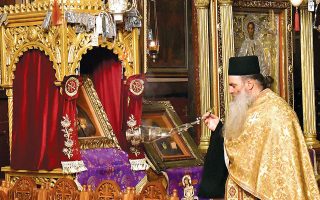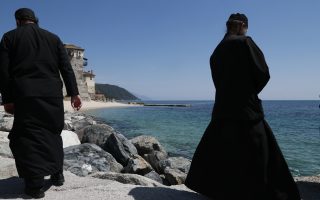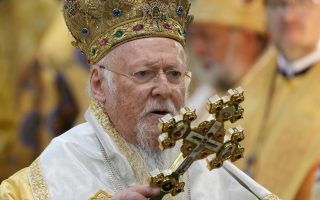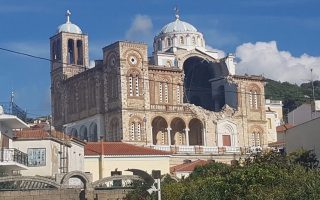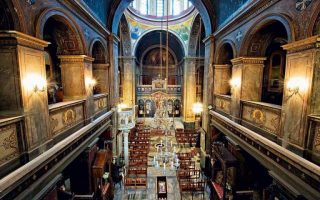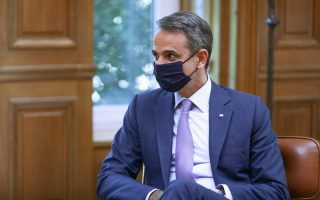The pope’s warm visit to Hellenism
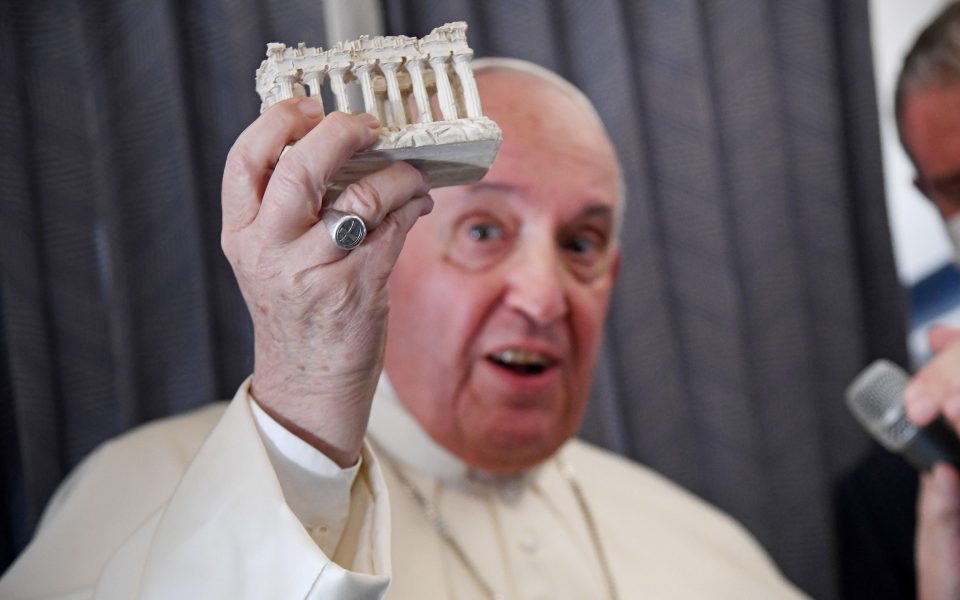
A different pope, a spiritual leader who teaches with his attitude toward life, who radiates unusual sincerity and compassion, brought to Greece and Cyprus the message of love and peaceful coexistence of people, nations and religions.
The affable and friendly Pope Francis impressed both with his style and behavior, as well as with the essence of what he said, about Greece and the Greeks, about faith, but also about the refugees.
In his meeting with Archbishop Ieronymos of Athens and All Greece, he showed greatness of soul, apologizing for the mistakes made by the Catholics with actions which, as he acknowledged, were the result of “the thirst for profit and power.”
Simple and modest, he has for years been projecting a very different image from most of his predecessors and that is why its imprint has become so widely accepted and respected.
He is admired not only by Catholics, but also by believers in other denominations, even by atheists, who see in him a decent man who does not pretend, who does not just say the things that have to be said, but expresses what he sincerely believes and what worries him about the state of affairs without being limited to the role of the mighty-but-distant religious leader of one and a half billion Catholics worldwide.
Francis is a pope who seeks rapport and builds bridges. Shortly after his departure from Athens, on his return flight to the Vatican, he expressed his intention to visit Russian Orthodox Patriarch Kirill, with whom he met in Cuba in 2016 – the first time such a meeting had taken place since the schism of 1054. “I am ready to go to Moscow, for a dialogue with a brother,” he told reporters.
The pontiff moved around in Cyprus and Greece with unique simplicity. Despite his advanced age and the relative difficulty in his movement, he even took selfies with young people who asked him.
And, of course he traveled again to Lesvos to be near the refugees as he had done during his previous visit to the island, in 2016. He emphasized the need to address this long-standing scourge, which in recent years has been at the fore, including in the attempts to weaponize refugees and migrants by leaders such as Turkish President Recep Tayyip Erdogan and Alexander Lukashenko of Belarus, saying, “Let us stop ignoring reality, stop constantly shifting responsibility, stop passing off the issue of migration to others, as if it mattered to no one and was only a pointless burden to be shouldered by somebody else.”
He thus sent again his own resounding message for the persecuted, the weak of this world with whom he identifies because he, too, was once one of them. And he did so not only with his visit and statements, but also with the symbolic move to take back with him 50 refugees from Cyprus. He had done something similar in Lesvos five years ago, when he took 12 refugees.
He seems, and one dare say, is sincere when he talks about the hardships of the poor, but also about the great challenges of our time such as the climate crisis and the pandemic.
To put it bluntly, in these last days, we Greeks have seen the spirituality, the compassion, the humanity of Jorge Mario Bergoglio, who reminded us that “the Lord prefers smallness and humility. Redemption does not begin in Jerusalem, Athens or Rome, but in the desert.”
